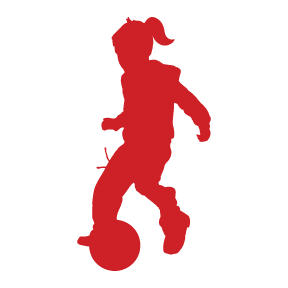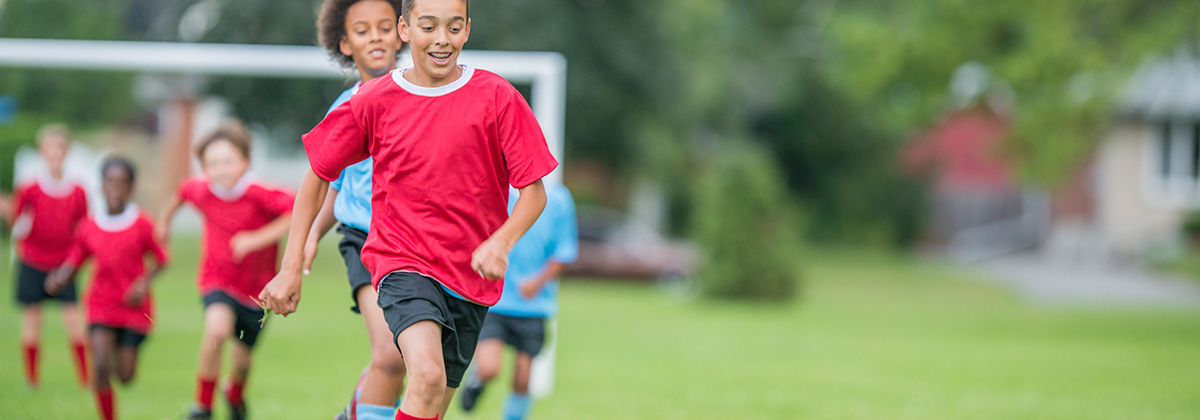Learn to Train
Once a wide range of fundamental movement skills have been acquired, participants progress into the Learn to Train stage leading to understanding basic rules, tactics, and strategy in games and refinement of sport specific skills. There are opportunities to participate in multiple sports with competitions focused on skill development and retention. Games and activities are inclusive, fun, and skill based. At the end of the Learn to Train stage, participants grow (or progress) towards sport excellence in the Train to Train stage or being Active for Life, either by being Competitive for Life or Fit for Life.
Key Concepts
- Develop foundational sport skills in a range of sports, physical activities, positions, and environments.
- Children should continue to be active and engage in a minimum of 60 minutes of moderate to vigorous physical activity every day.
- Develop strength, endurance, and flexibility through games and fun activities.
- This is a period of accelerated development of coordination and fine motor control. It is also a time when children enjoy practicing skills they learn and seeing their own improvement.
- Use physical literacy movement preparation as part of warm-ups to support overall development of physical literacy.
- Balance training (70% of the time) with competition (30% of the time) and avoid specialization in late specialization sports.
- Provide opportunities for every child to learn and play. Children are less likely to be included in peer activities if they do not have the same skill level and will have fewer opportunities for practice in the future.
- Continue to encourage unstructured free play.
- Ensure sport and physical activity remains FUN.
Resources
- Long-Term Development in Sport and Physical Activity 3.0
- LTAD: Information for Parents
- Developing Physical Literacy – Building a New Normal for all Canadians
- Actively Engaging Women and Girls
- Indigenous Long-Term Participant Development Pathway 1.1


